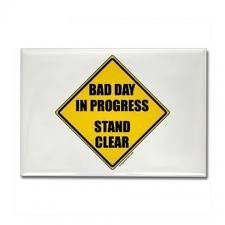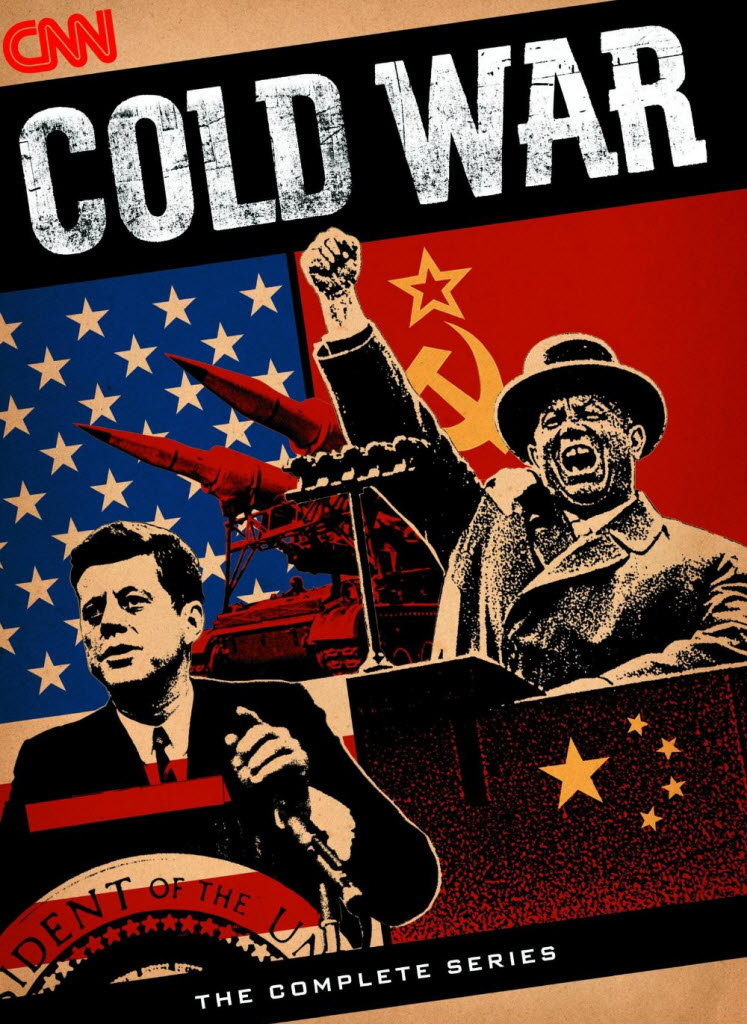Expectations Tempered for SLU Hoops
Expectations Tempered for SLU Hoops Last season the Billikens made a run in the NCAA tourney but those days are gone. SLU has lost five seniors that all had experience. This season will be a rebuild for Coach Jim Crews. Now he has six incoming freshman to work on that rebuild. Three guards, Devell…









